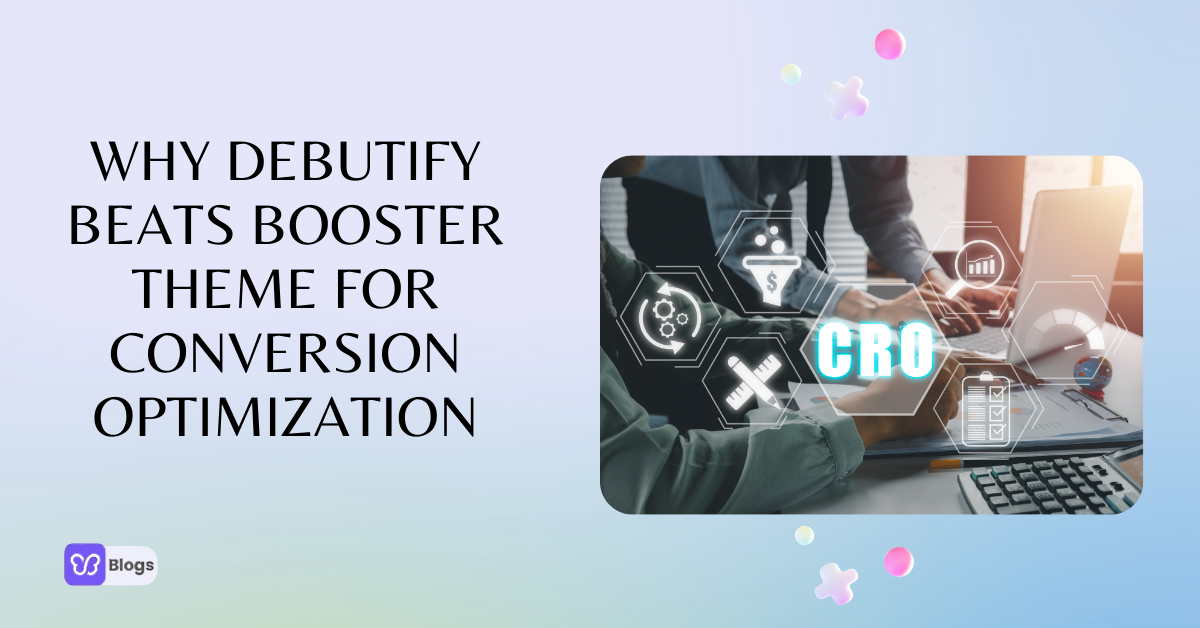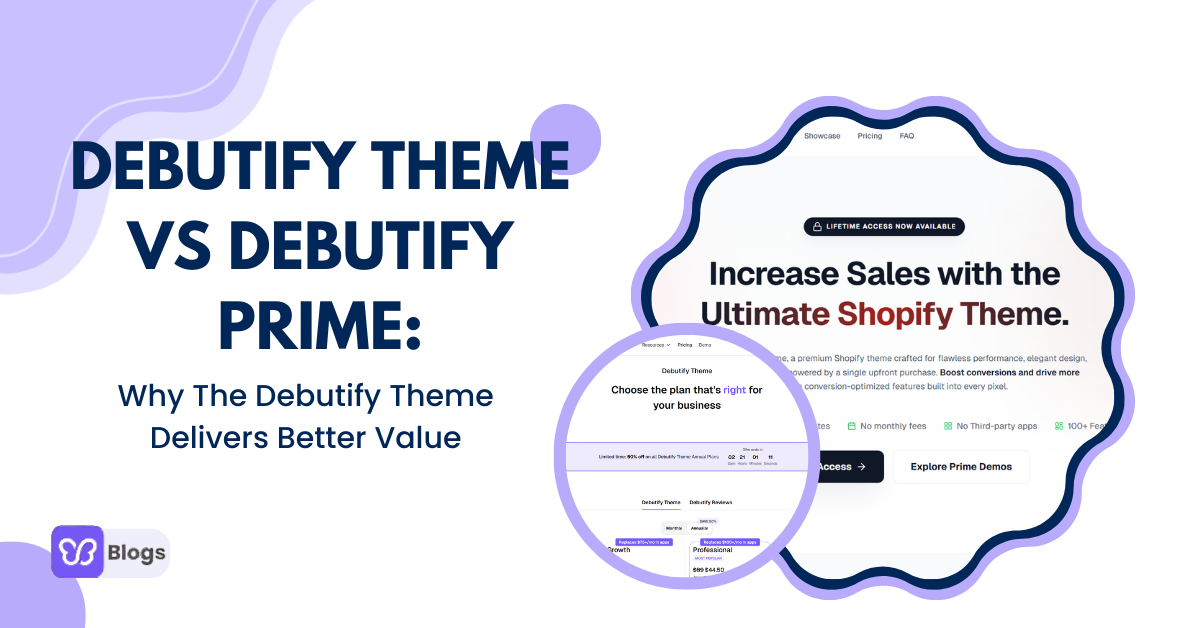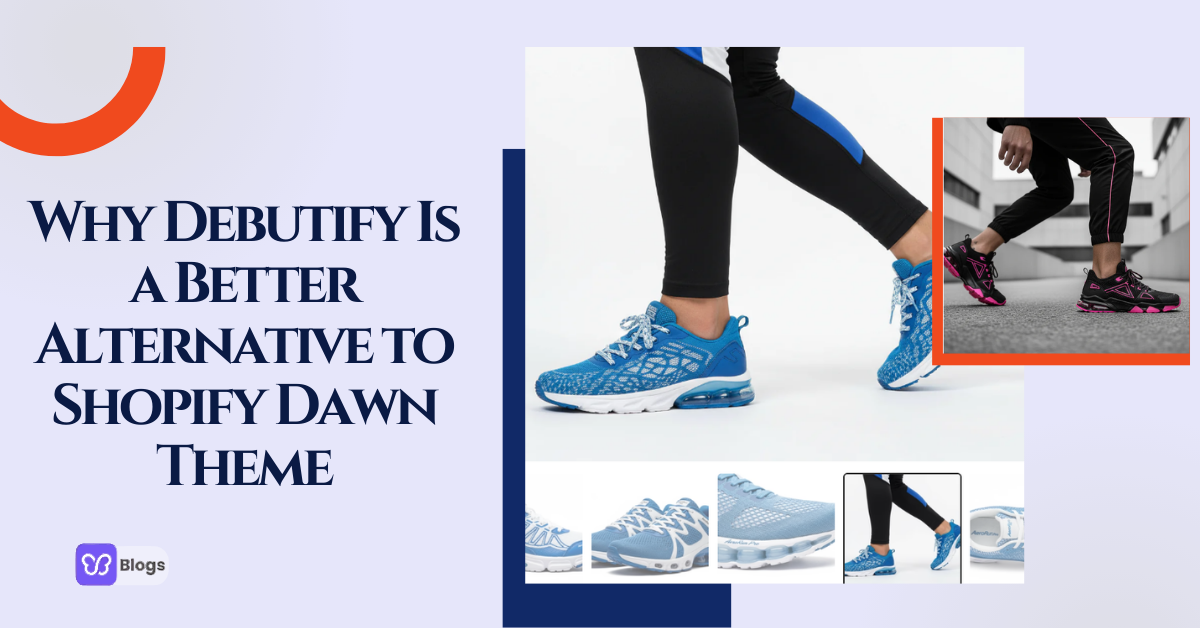Fortunately, there are many ways online sellers can market their business online. Some people prefer to drive organic traffic to their sites using SEO strategies, while others make use of other dynamic channels like PPC to have more targeted traffic.
Sure, SEO is cost-effective, but it takes time to rank your store on search engines through SEO. That's perhaps the biggest reason why two in five small and mid-sized businesses depend on paid advertising to reach their target audiences.
Also, no matter how hard you try, getting 100% traffic from organic sources isn't something anyone can achieve easily.
PPC has gained momentum in recent years because of its immediate results. Businesses that create strategically optimized PPC campaigns witness a massive hike in their lead generation statistics. And who doesn't like immediate return? Of course, we all do.
But creating and launching a profitable pay-per-click advertising campaign is not as easy as it may sound. More than 34% of digital marketers consider the PPC strategy as one of the most effective yet complicated advertising tactics.
Also, things in the pay-per-click space are constantly evolving. Google has introduced more than 18 updates in Google Ads in 2019 alone. Without knowing the PPC best practices in 2023, it will be difficult for you to create a PPC strategy that converts.
Whether you want to create your PPC strategy from scratch or want to revise your existing PPC campaign, Debutify has got you covered.
In this post, we're going to walk you through the top 7 crucial pay-per-click advertising practices that you can implement right away to drive targeted traffic to your ecommerce store.
What Is Pay-Per-Click Advertising?
Simply put, pay-per-click is an advertising model that requires marketers to pay each time a user clicks on their ads.
What we loved about this method is you only have to pay when someone clicks on your ads. That means the money you're investing in isn't going to waste as you'll get confirmed leads in return. How you convert those leads into paying customers depends on the other elements of your conversion funnel, though.
Almost all businesses leverage PPC strategies to drive leads and conversions these days. While there are different PPC ads (display advertising, banner ads) to market products online, online sellers usually prefer paid search ads to grow their business.
These ads appear on search results when a user types any specific keyword or keyphrase to search for a product or a service online.
Most Popular PPC Advertising Platforms
Ecommerce businesses can use Microsoft advertising, Facebooks Ads, and Google Ads to promote their ecommerce business. But Google is by far the most popular choice because of its search volume and number of available options.
How Does Pay-Per-Click Advertising Work?
The placement of your ad on SERPs depends on the amount of money you're willing to spend. Ads are subject to Ad Auction, an automated process that search engines use to analyze the relevance of your ad content that appears on their search results.
Ad Auction, as its name suggests, is a bidding system. Marketers must bid on specific keywords to display their ads on SERPs.
Let's suppose you sell tech gadgets and tools online. A customer looking to buy a new laptop or a smartwatch might enter the keyword 'tech gadgets' or 'smart tech accessories' to find stores selling these specific items.
As soon as the user enters the keyword in the search box, Google starts evaluating different calculations to determine which ads they should display on their results.
As you're supposed to pay for each click you get on your ads, it's critical to bid on the keywords you think are relevant to your products and offers.
For this, you can use different keyword research tools available online that can help you find the best keywords that are likely to drive more leads and sales.
Why Paid Advertising Is The Future Of Marketing?
Here are a few reasons why every online business needs a foolproof PPC strategy to thrive in 2023 and beyond.
Easy To Create
PPC ads are super easy to create. There is no technical knowledge required either. Anyone with basic writing skills can craft a PPC ad by infusing researched keywords.
So you don't really need a PPC ads writer onboard. Your regular content strategist can do this job without any additional training or effort.
Instant Traffic
SEO strategies are focused on driving organic traffic to your site by getting your content ranked on the first page of Google.
But it takes a great deal of planning to get your pages ranked on the initial few pages of Google.
Why wait when you can benefit from the PPC ad slots already available there?
Sure, organic traffic building is critical for your business, but as mentioned earlier, it's a long-term tactic. If you're looking for instant results, PPC can be your safest bid.&
Wider Reach
You can have complete control over your marketing budget by implementing the PPC best practices 2023. While PPC campaigns are not free like other organic approaches, it still enable you to find the sweet spot between your budget and outcomes.
Also, you only have to pay when you get a click on your ad.
Another perk of creating a PPC strategy is that it allows you to reach people who are genuinely interested in your products. Obviously, only those people will click on the ad, who want to know more about your offers.
Positive ROI
What sets pay-per-click advertising apart from other advertising options is that PPC campaigns are measurable. That means you can track the performance of your PPC ads and keep improving them until they generate your desired outcomes.
PPC Strategy Also Supports Your SEO Campaign
Did you know you can check the viability of your chosen keyword through your PPC campaign before you use it for your long-term ecommerce SEO strategy?
Since you can measure the progress of your PPC campaigns, you get to know about the best keywords and the cost and percentage they're converting at.
Now, feed that data into your SEO campaigns and see your content shine on search results without having to wait forever to rank them organically on SERPs.
Offers Stability
SEO greatly depends on search engine algorithms. On the other hand, PPC hardly goes through any high-impact changes. As a result, you can enjoy more stability and consistent performance, which isn't possible when you only rely on SEO.
Facilitates Multi-Layered Targeting
Pay-per-click advertising enables you to target customers based on demographics, psychographics, and behavioral metrics. This allows you to track user responses on different campaigns.
For instance, if you're selling stationery supplies online, you might observe that most of the clicks you're getting on your ads are coming from students. So you can create more YouTube videos to target students in particular and drive their attention.
Benefits of Your Social Media Campaigns
Similar to SEO, PPC campaigns also benefit your social media marketing campaigns.
Because you get more cross-channel user data with your PPC campaigns, you don't have to spend more on your custom acquisition strategies.
Allows For Smart Retargeting
An integrated pay-per-click advertising campaign enables you to observe the user response. It helps you analyze how a user connects with your brand.
With this data at hand, you can retarget visitors who didn't convert on their first visit.
Retargeting can do wonders for your business because you know the buyer is already interested in your offers. All you need to do next is to identify barriers that are causing friction and stopping a potential customer from making a purchase.
1. Automation Will Dominate The PPC Space In 2024
Automation is going to rule the PPC space in 2023 and beyond. While Google already knows what it is doing, the platform constantly looks for newer technology and automation solutions to upgrade its algorithm.
According to research, the global automation industry is expected to expand massively by 2024. The market share of process automation is also predicted to rise from 71.5% to 83.2% by the end of this year.
The ad testing part can specifically benefit from process automation. Also, marketers can use automation to optimize their PPC ad campaigns.
Here are a few things PPC marketers can achieve by optimizing their PPC ad campaigns:
- Creating the best bidding strategy for their goals
- Improve CPC by searching for ad auctions that can drive better conversions
- Analyzing flaws and loopholes in the campaign
- Generate campaign reports to track performance
- Stop ads delivering poor results and optimize the ones driving optimal conversions
- Create data-driven ads
2. More Video Ads
Did you know up to 82% of traffic will come from videos by 2022? That's because 58% of people trust a brand that markets its products through videos.
Google has also added a Bumper Machine feature that uses ML to create short bumper videos for YouTube.
This feature enables marketers to create 3-4 6-second bumper videos from a 90-second YouTube video. The marketers will only have to make minor edits before they display those videos on YouTube.
In addition to that, advertisers can also select a combo of TV and online video ads.
3. AI and VR Will Transform The PPC Landscape
Just like any other business category, AI and VR are going to transform the PPC landscape.
How can AI Help Advertisers Launch Better PPC Campaigns?
- With AI, marketers can determine the impact of their ads on their overall quality score
- Calculate the likelihood of ad conversions
- Identify bids that can drive maximum leads
- Keyword optimization
Similarly, marketers can leverage VR to explain product benefits. 360-degree videos will allow potential customers to indulge in a real-life product experience before they invest their hard-earned money into it.
4. Ads Data Hub
Pixel technology is designed for single screens only. But what if you want to target mobile users? More than 70% of customers use mobile phones to watch YouTube videos.
If you're using YouTube to showcase your ads, then you have no other choice except to use third-party pixels to track the progress of your YouTube ad campaigns.
But Google banned YouTube third-party pixel tracking back in 2020. Since then, Google has started investing in Ads Data Hub, which offers more reliable reporting across different screens.
5. Automated Bidding Strategies
Automated bidding is a broad term.
Smart bidding is a subset of the broader concept that helps you set your conversion goals and optimize your ads accordingly using machine learning.
In simpler words, smart bidding excludes the guesswork from the process. With smart bidding, you can achieve several PPC goals, including:
- Lead generation at your desired cost
- Optimum return on investment
- Conversion rate optimization
Google has also introduced a few smart bidding features recently. For instance, you can now set your conversion goals at a campaign level instead of an account level using a campaign-level conversion setting.
Also, you can use seasonality adjustments and maximize conversions to drive more leads and sales.
6. Voice Search
Earlier, talking to machines was just a fantasy. But today, you can talk with them to convey your needs.
It is expected that by 2024, more than 50% of customers will be using voice search to shop online. Since voice search is mostly used on mobile devices, it helps you optimize your PPC campaigns for mobile users.
Also, since people use phrases and a more conversational tone while using voice search, you no longer need to run after competitive short-tail keywords.
That's why businesses should focus more on long-tail keywords and leverage negative keywords to make their content feel more voice search-friendly and user-oriented.
7. PPC Platform Diversification
Modern customers are switching from conventional ad platforms to niche platforms where they can find better product options and more variety.
Quora, Adroll, LinkedIn, and Amazon are popular alternative ad platforms where you can advertise your products and redirect customers to your site using CTAs.



